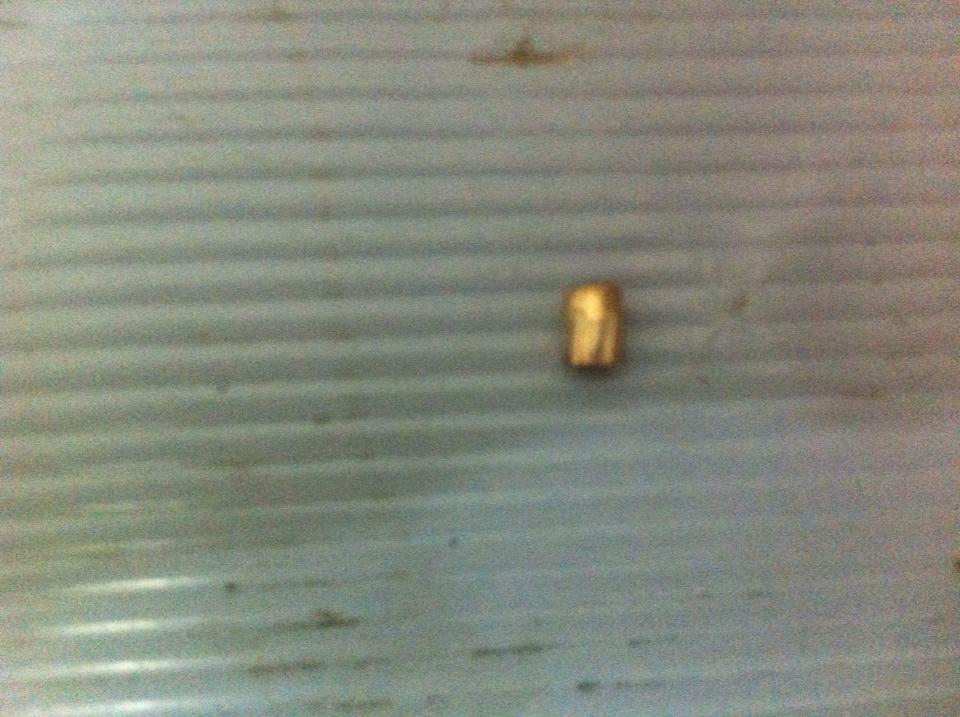Category: Reports
-
Resistance in Kafr Qaddum met with military violence and collective punishment
26th July 2013 | International Solidarity Movement, Nablus Team | Kafr Qaddum, Occupied Palestine The Israeli military invaded the village of Kafr Qaddum multiple times on Friday 26th July, firing excessive teargas, sound grenades and rubber bullets at the people of the village. They were also armed and prepared to use live ammunition against peaceful…
-
Live ammunition shot at Youth Against Settlement house in Hebron
26th July 2013 | International Solidarity Movement, Khalil Team | Hebron, Occupied Palestine Last night at 10 pm, a live ammunition bullet was fired at the headquarters of the human rights organisation Youth Against Settlements (YAS) in Hebron. The spokesperson for YAS, Damer Atash, explains that a group of activists were sitting in front of…
-
Siam family from Sheikh Jarrah, struggling against eviction order and not giving up
25th July 2013 |International Solidarity Movement, Ramallah team | East Jerusalem, Occupied Palestine Another family from Sheikh Jarrah received an eviction order by the Israeli Magistrate’s court. The family has appealed the court’s decision and is awaiting the next court hearing. The latest family to be given an eviction order in the East Jerusalem neighborhood Sheikh Jarrah is…

